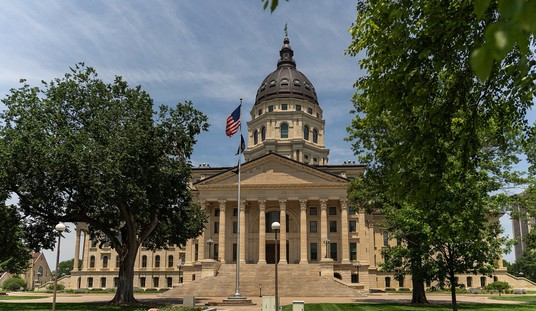A laughably dire sounding headline at Gizmodo.com today has me pondering something I haven’t really been able to figure out. What is it that makes so many people take government bureaucrats at their word while vilifying private sector corporations?
Gizmodo is part of the left wing Gawker Media group so hysterical headlines and over the top critiques of the Trump administration are to be expected, but this one stood out: The White House Wants to Gut the Agency That Makes Sure We Don’t Live in a Toxic Wasteland. The lede is no less sensational.
On Wednesday, President Trump released a draft federal spending budget for 2018. It reads like a “Mad Max: Fury Road” prequel. The budget outline savagely guts the Environmental Protection Agency, reducing overall spending by 31 percent and zeroing out key features of the agency, from climate change research to pollution control programs to the Great Lakes Restoration Initiative. If enacted, the proposed budget cuts would lead to an estimated 3,200 jobs lost.
Mad Max? Seriously?
Pop culture dystopias probably do help create the blanket trust given to government overlords. Not long ago the scuttlebutt was about how Trump’s presidency is literally ringing in the society depicted in the film The Running Man. Sales of George Orwell’s 1984 reportedly spiked after Trump’s election. Many purchasers will fail to understand that simply naming an agency “Environmental Protection” or “Education” doesn’t legitimately grant it special trustworthiness any more than it did for Orwell’s Ministry of Truth or Ministry of Plenty.
The skepticism for any suggestion that the EPA doesn’t need every penny of and more of what it has historically been budgeted is impenetrable. The notion that there could exist inefficiencies or overreach within the EPA is a completely alien concept to this writer and many others. That the EPA essentially enacts federal legislation without being accountable to the American voter presents no problem to some but if you were to suggest to them that a private sector corporation be given any benefit of the doubt, they would label you a right wing fanatic and enemy of the people.
In truth, federal bureaucracies and corporations are not that much different. Anyone who thinks that a federal agency and the bureaucrats that run it aren’t motivated by accruing power as much as a corporation is by accruing profit is kidding themselves.
There is a perceived good provided by both whether it be protection of wetlands or supplying a much desired product in the marketplace. Still, dynamics of the organizations in both cases can lead to violating private property rights to protect a a mud puddle in someone’s back yard, or price gouging.
Both types of organization are run by people, and people are motivated by personal and sometimes collective ambition. Therefore both types are equally prone to corruption.
People can punish a misbehaving corporation by not buying its products. Simply, opting out of a misbehaving federal agency isn’t possible. Elections don’t often change the Washington landscape full of career bureaucrats. And when an elected official actually attempts to do so (like now) they are portrayed as a villain.
If you still think federal agencies all benevolent and beyond reproach, ask yourself, “Why do so many federal employees feel they need the protection of a labor union?”












Join the conversation as a VIP Member